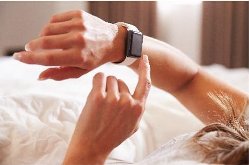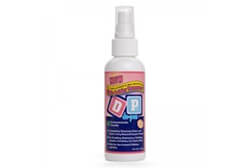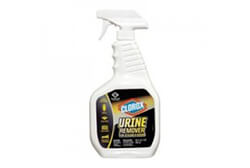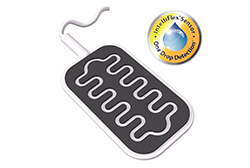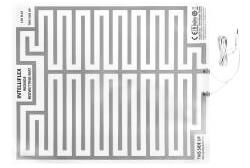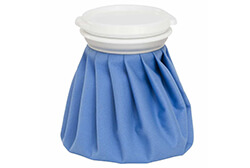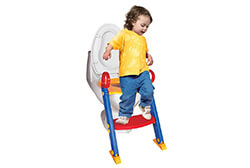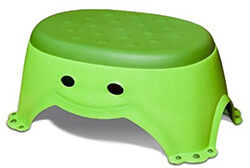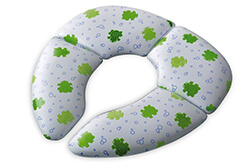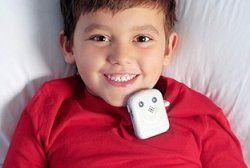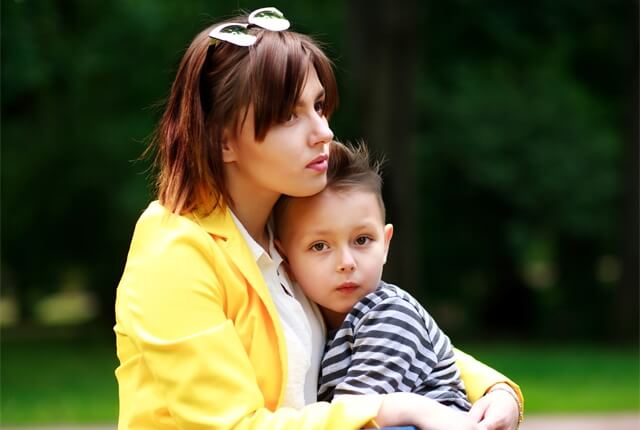Nighttime Bedwetting and Potty Training
Last Updated on February 17, 2023 by One Stop Bedwetting
Nighttime bedwetting and potty training are major milestones for children and parents. Even if your child has mastered daytime potty training, the nighttime wetting can bring challenges, like bedwetting accidents, that can linger for a long time. Parents often think that nighttime dryness should go together with daytime dryness, but in some cases the two do not always happen simultaneously. Night-time bedwetting and potty training are significantly harder for most kids as some children cannot wake up when they sense that their bladder is full, or they cannot hold their urine for 10 to 12 hours.
Bedwetting through age 6 is considered normal and not a problem to worry about. By this age 85 to 90 percent of children stop bedwetting on their own but if it continues after the age, they need to get up dry then in medical terms it is called nocturnal enuresis.
Tips for Nighttime Potty-Training
The major secret to nighttime dryness success is timing and patience.
Wait until your child is daytime potty-trained, then to move on to bedtime training. Setting up good habits for daytime potty breaks greatly helps during the nighttime hours. Children normally wait until the last minute to go potty, so you must let them use bathroom half an hour before and then again immediately before they go to bed.
Encourage drinking plenty of water and frequent use of the toilet during the day. It is important during this stage to try and focus on hydration throughout the day. Between dinner and bedtime, limit the amount of water intake your children will drink. Give no liquids 2 hours before bed. Be sure your child uses the potty before bed. Leave the bathroom light on so they can find their way easily and consider adding a nightlight to their room.
Try a bedwetting alarm, but remember it is a development process and you need to be patient. Bedwetting alarms are among the most effective and safest sleep dry treatments. With bedwetting alarms, a special moisture sensor placed in the child’s pajamas triggers a buzzer to go off as soon as your child starts of urinating. Within 2-3 weeks of using the alarm, children starts to recognize when their bladder is full, and they get up before they wet the bed. You can also get insurance coverage for bedwetting alarms.
Do not expect perfection in short period of time. Accidents will happen, and you need to be patient when they occur. it can take up to few months before your child stays dry every night. So, take precautions. It takes time to master the control of bladder. Slip a waterproof mattress pad onto the mattress and plan on keeping it there for at least some time after they have been fully potty-trained. This will save your mattress from unwanted stains if they have sudden accident.








 Our #1 Top SellerIdeal for Daily Use
Our #1 Top SellerIdeal for Daily Use Premium Quality BeddingSoft and Comfortable
Premium Quality BeddingSoft and Comfortable Premium Quality BeddingLarge Urine Absorption
Premium Quality BeddingLarge Urine Absorption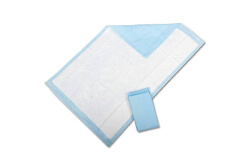 AFFORDABLE PRICECHANGE DAILY AS NEEDED
AFFORDABLE PRICECHANGE DAILY AS NEEDED
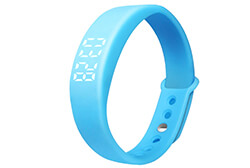 Sleek, Stylish and Affordable Watch
Sleek, Stylish and Affordable Watch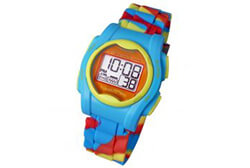 Multi-Function Watch with Numerous Features
Multi-Function Watch with Numerous Features Recommended watch for teens and adults
Recommended watch for teens and adults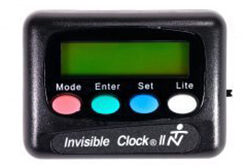 Perfect for medication and other reminders
Perfect for medication and other reminders